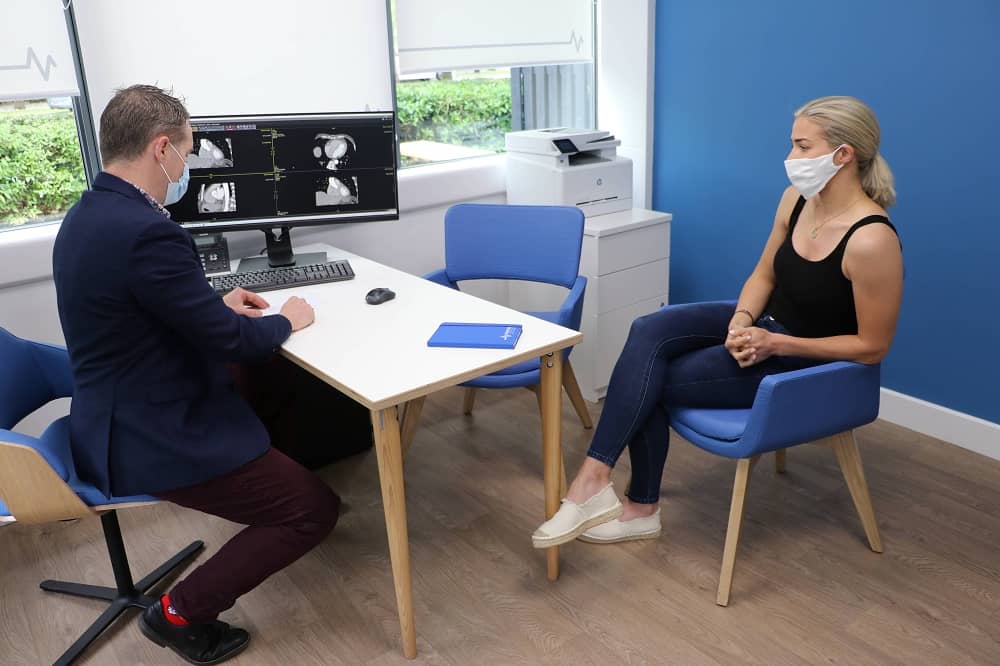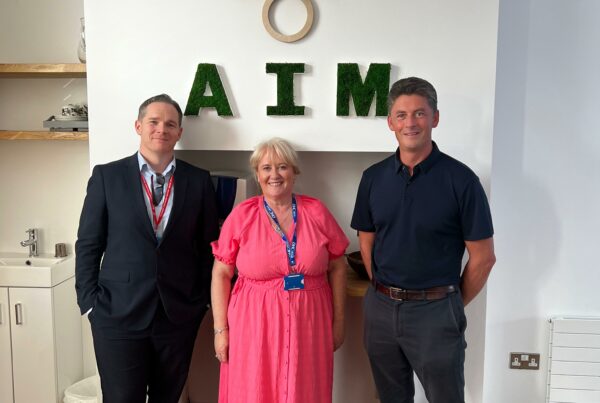Over 80% of all premature deaths caused by heart disease are preventable. An ECG has become an important screening test against the early symptoms of heart disease. Although you can have an ECG on the NHS and this is free of charge, the waiting times can be detrimental to those with heart conditions.
As a result, private ECG tests are invaluable for those who need urgent or same-day testing.
Research at the University of Leeds showed that the number of patients who died within 30 days of hospital admission was significantly lower when an ECG had been carried out by ambulance crews. Moreover, the American heart association (AHA) also demonstrated that ECGs have an overall accuracy of 88.0% in interpreting cardiac rhythms. The mobility of use and accuracy of ECG test results usually make it the first step in diagnosing heart conditions.
What is an ECG test?
An ECG or electrocardiogram is a non-invasive test used to evaluate the rhythm of the heart and its electrical activity. Electrode sensors are placed on the body to analyze electrical signals produced by the heart. The sensors are used to look for evidence of cardiovascular problems. The 12-lead approach is considered the industry standard for ECG testing. It shows the doctor 12 different angles of cardiac events, which are recorded and printed out on to specially calibrated paper. The results inform your doctor of potential cardiovascular problems such as:
- Heart chamber enlargement
- Heart muscle thickness
- Previous heart muscle damage
Types of ECG tests
- Resting ECG: This test is conducted whilst the patient is lying down in a comfortable position and usually takes no more than 5 minutes with minimal preparation. You simply need to remove your top items of clothing, shoes and socks. The test is entirely painless.
- Stress or exercise ECG: As the name implies, this test is conducted whilst exercising, such as on a treadmill or bicycle. The test will gradually get harder by increasing in speed or incline. The doctor will assess whether your heart muscle receives enough blood from the coronary arteries during physical activity. It can also show if you have symptoms of angina as any areas where there is a lack of oxygen are reflected on the ECG tracing. It is usually carried out over 15 minutes, but the doctor will tell you to stop if the test becomes too difficult.
- Ambulatory ECG: Also called 24-hour ECG recording or Holter monitoring, monitors the heart over a longer period. You usually will have to wear an ECG recorder during the regular course of your day and then return the recorder to the hospital after the period to be analysed.
What are ECG tests used for?
Assessing the results of an electrocardiogram test can allow doctors to detect heart problems such as:
- Arrhythmias
- Coronary heart disease
- Heart attacks
- Cardiomyopathy
- Hypertrophy of heart
- Ischemia
- Sequelae of myocardial infarction
If you have any concerns about your heart health or believe you may require an ECG test but do not wish to wait to have one on the NHS, Venturi Cardiology offers same-day private ECG testing from the best private cardiologists in the Northwest. To find out more information, you can book a consultation with us today.












